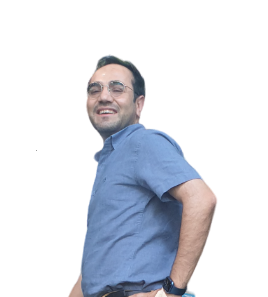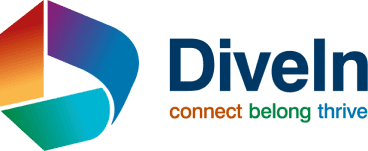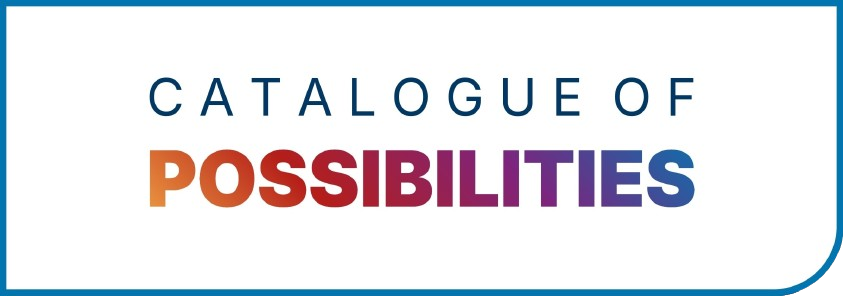Niamat Hussain he/him

Lecturer
Strategic Research Areas
As a researcher in applied electromagnetics, my work explores how intelligent RF systems and antenna technologies can drive innovation in communication, healthcare, and sustainability. My research passion lies in designing reconfigurable, multi-standard antennas and advanced RF components for next-generation telecoms, while integrating sustainable approaches such as green energy harvesting and wireless power transfer for next-generation IoT nodes.
My group focuses on interdisciplinary challenges spanning antenna engineering, microwave systems, electromagnetic metasurfaces and metamaterials, and wearable and implantable devices. We develop energy-autonomous sensors, explore SAR reduction techniques, and investigate the environmental and biological effects of electromagnetic exposure, enabling the responsible use of wireless technologies that touch daily life.
We welcome collaboration across biomedical engineering, AI, materials science, and sustainability. I’m particularly interested in forming partnerships to co-develop embedded, low-power systems for health monitoring, smart environments, and space-based IoT applications. Our work is grounded in both theoretical innovation and practical deployment.
For DiveIn CDT projects, I aim to supervise PhD students working at the intersection of electromagnetics, AI, and embedded platforms: designing intelligent, sustainable systems for real-world challenges. Potential projects include bio-integrated wearables powered by green energy harvesting, RF front-end for integrated communication and sensing, and smart antennas and intelligent reflecting surfaces for next-generation telecoms and healthcare.
As a supervisor, I encourage a supportive and inclusive research culture. I encourage creative problem-solving, critical thinking, and cross-disciplinary exploration. My former MSc and PhD students have progressed to impactful roles in academia and industry.
Equity, diversity, and inclusion are core to my academic ethos. I mentor students from underrepresented backgrounds and contribute to initiatives that promote inclusive research environments. I believe diversity strengthens innovation and creates more resilient teams.
Personally, I find great joy in mentoring emerging researchers and building collaborations across borders and disciplines. Having worked internationally, I value diverse perspectives and strive to help students grow into globally minded, socially responsible scientists.

